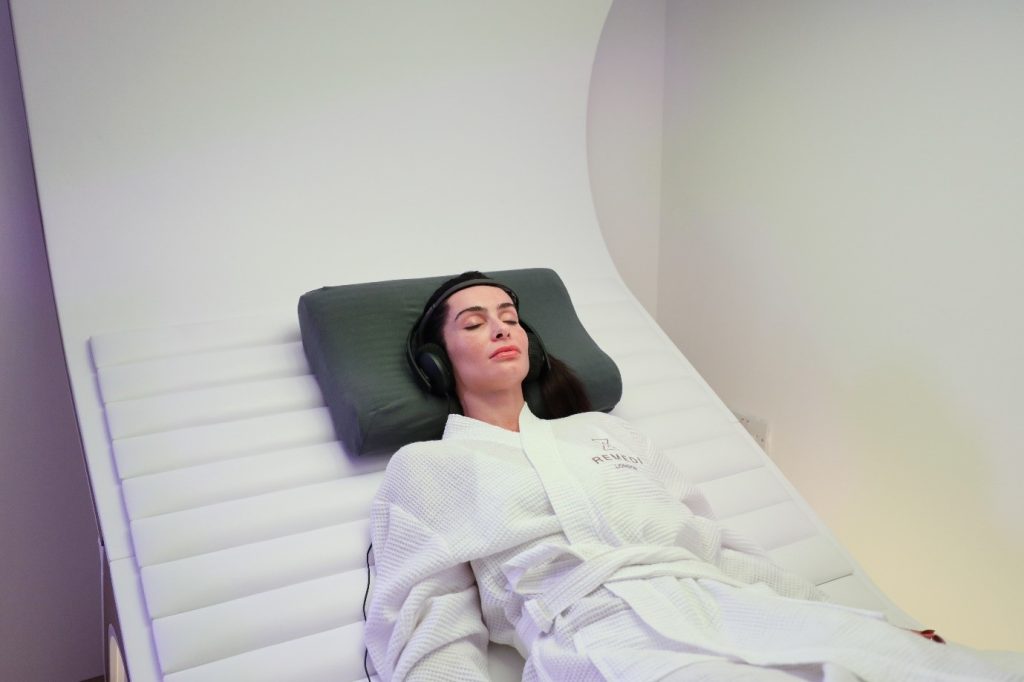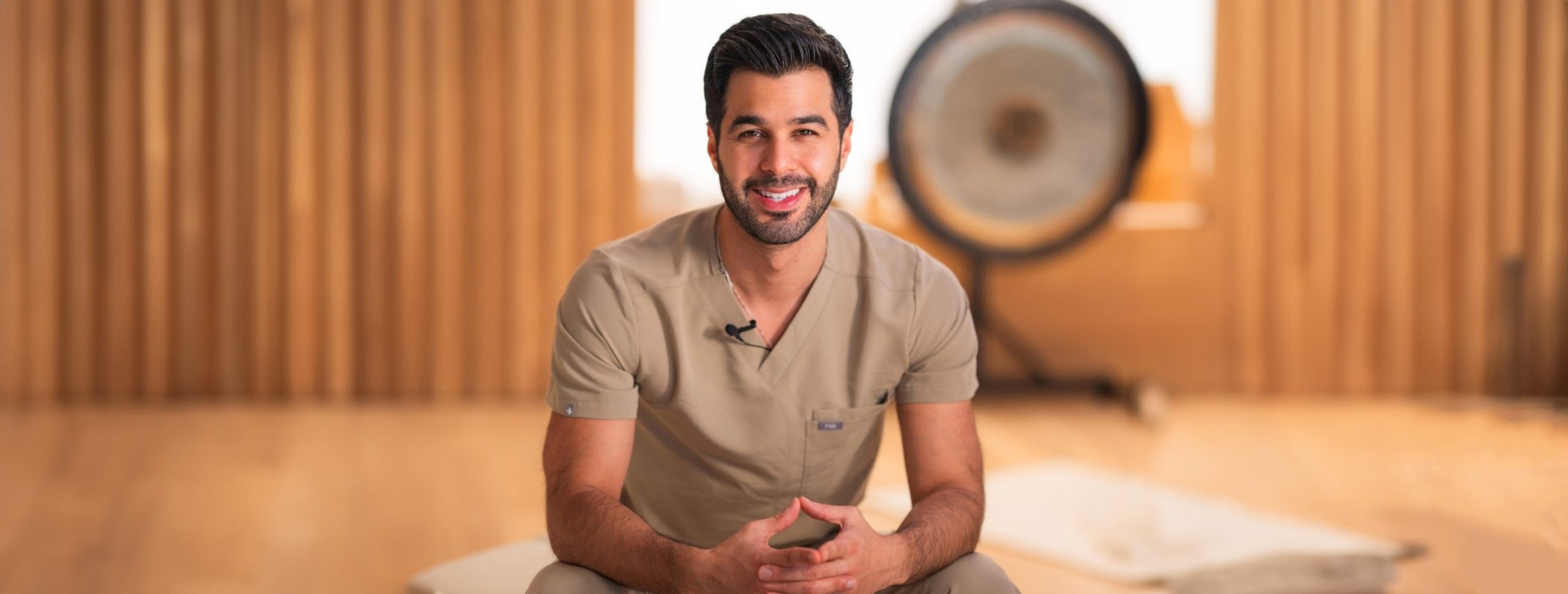At the heart of Remedi, a transformative approach to holistic wellness, lies the vision of founder Dr. Nima Mahmoodi—a Cosmetic Dentist, Facial Aesthetic Practitioner and CEO of the Remedi Group. Nima’s philosophy revolves around empowering individuals to achieve balance and harmony in their physical, mental, and emotional well-being. With years of expertise and a commitment to redefining wellness, Nima integrates personalised strategies tailored to individual needs. He believes that true well-being goes beyond surface-level fixes; it involves cultivating sustainable habits that support resilience, clarity, and fulfilment in everyday life. CEO TODAY caught up with Nima to chat about mindful practices, practical tips and overcoming common wellness obstacles.
1. What is your overarching vision for holistic wellness, and how do you integrate physical, mental, and emotional health in your approach?
My vision for holistic wellness is to create a balanced and sustainable approach to well-being that empowers individuals to thrive physically, mentally, and emotionally. True wellness goes beyond just physical health—it’s about harmonising all aspects of life to build resilience, clarity, and fulfilment.
In my approach, I integrate these elements by focusing on three key principles:
-Personalisation: Every individual’s wellness journey is unique, so I tailor solutions to their specific needs, whether that involves nutrition, exercise, mindfulness, or therapeutic care.
-Connection: Physical health is closely tied to mental and emotional states. For example, I encourage practices like breathwork or yoga, which simultaneously engage the body and calm the mind.
-Sustainability: Quick fixes don’t work. My goal is to help clients develop habits and routines that are both effective and achievable within their daily lives. By weaving wellness into everyday activities, it becomes a lifestyle rather than a task.

2. Can you share three practical wellness tips that individuals can incorporate into their daily routines to enhance their overall well-being?
-Start the day with intention: Dedicate the first 10 minutes of your morning to grounding yourself. Whether it’s journaling, deep breathing, or setting clear intentions for the day, this practice helps you take control of your mindset before external demands take over.
-Prioritise movement and recovery: Even short bursts of activity can make a difference. Incorporate at least 20 minutes of mindful movement daily—whether it’s a brisk walk, yoga, or strength training—and balance it with practices like stretching or foam rolling to support recovery.
-Practice mindful eating: Pay attention to what, when, and how you eat. Start with small habits, such as drinking a glass of water before meals or chewing each bite thoroughly. This improves digestion, boosts energy levels, and reduces overeating caused by stress or distractions.
3. In your experience, what are the most common obstacles people face in maintaining a wellness routine, and how can they overcome these challenges?
The most common obstacles include:
• Lack of time: Many people feel overwhelmed by the demands of modern life, leaving little time for self-care. The key here is to shift the mindset from “all or nothing” to “something is better than nothing.” Even small, consistent actions—like a 10-minute meditation or a quick stretch—can yield significant results over time.
• Motivational dips: Staying motivated is tough, especially when progress feels slow. To overcome this, I encourage people to focus on their “why”—the deeper reason behind their wellness goals—and to celebrate small wins along the way. Accountability, whether through a coach, friend, or group, can also help sustain momentum.
• Overcomplication: People often try to overhaul their entire lifestyle at once, which can be overwhelming and unsustainable. Instead, I suggest starting with one or two small, manageable changes and building from there. Simplicity breeds consistency.
By addressing these obstacles with a flexible, compassionate approach, individuals can create a wellness routine that becomes a natural and enjoyable part of their lives.
4. What can you do if you are short of time?
It can be overwhelming to try and introduce dramatic change to your everyday life too quickly – especially when you may be short on time and under high stress levels. I recommend patients to take small steps like introducing Nuchido Time+ (nuchido.com) which are geared for increasing improving health on a cellular level and provide a spectrum of benefits as well and booking in for a Sunlighten Infrared sauna (sunlighten.com) and considering having a person cabin installed as home where you can sit and meditate or practice mindfulness or relaxation whilst improving your health and detoxing.
For more information check out: www.remedilondon.com









